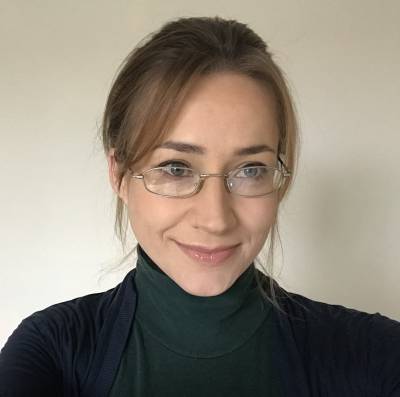Academic position: Lecturer in History of Science and Technology
Department: Dept of Science & Technology Studies
Email: j.bulstrode@ucl.ac.uk
Website: Dr Jenny Bulstrode
Biography:
Jenny is a historian of the physical sciences, industry and techniques, with a particular interest in cross-cultural encounters, and the way in which material practices, from metallurgy to mapping, shape and convey knowledge systems. Current interests include cultures of charcoal burning, mineral coal, mining and metallurgy. For a recent short presentation on this work see 1:26:24 of UCL Anthropocene event, Locating the Anthropocene: Markers, meaning, implications. More generally, Jenny is interested in historical perspectives on questions of social justice in climate science; energy; global supply chains; automation; geospatial mapping; and mineral prospecting and extraction. For further information and recent publications, see Dr Jenny Bulstrode
Research Projects:
2019, ‘Born into trouble as the sparks fly upwards’ – The industrial origins of anthropogenic climate change: archival and technical analyses combined. Junior Research Fellow, Jesus College, University of Cambridge, (awarded 3-years extendable to 6, but not taken up due to UCL appointment)
2019, ‘The eye of the needle: magnetic survey and the compass of capital in the age of revolution and reform’, AHRC-funded PhD, History and Philosophy of Science, Wolfson College, University of Cambridge.
2018, Sarton Prize Fellowship for the History of Science, American Academy of Arts and Sciences, Used to develop work on the debt of the British industrial revolution to West African metallurgy in the Black Atlantic.
2018, Sackler Short-term research fellowship, Royal Observatory Greenwich. Three-month project considering the impact of changing copper compositions, casting and design on precision engineering in calibrating Standard Time.
2018, Caird Short-term research fellowship, National Maritime Museum.Value, three-month project into the re-manufacture of maritime metal, to generate publications on the social and cultural history of trade metal.
2017, Principal Investigator, Variable Pressure Scanning Electron Microscopy; Digital Microscopy; and X-ray fluorescence of 1830s glass springs. British Museum, London combined with experimental analysis of elastic glass springs, Royal Observatory Greenwich. Project for Antiquarian Horological Society.
2017, Principal Researcher, Arctic Cataloguing Project, Polar Museum, Cambridge. Ten-week research project to produce a fully researched and illustrated online catalogue of the Arctic material at the Polar Museum. Project funded by the Esmee Fairbairn Collections Fund.
2015, Technical Assistant on the experimental reconstruction and analysis of a pair of early 16th century bronzes, as part of A Michelangelo Discovery, a major international research project into the attribution of the bronzes, controversially attributed to Michelangelo, Michelangelo: Sculptor in Bronze. This involved a week working on an open hill top forge moulding and investing waxes, and carrying out lost wax castings, using salvaged historic bronze to produce a reconstruction of one of the pair that would perfectly reproduce the flaws of the original.
2014-2016 Researcher, commissioned to edit and update A survey of the networks bringing a knowledge of optical glass-working to the London Trade, 1500–1800, Funded: The Renaissance Trust and Whipple Researcher Development Fund.
Teaching:
HPSC0144: Science and the Global System
This module develops social and historical perspectives in STS with the insights of radical, anti-colonial and decolonizing traditions. Using case studies from toxic waste, racial capitalism, remote sensing, debt, drone surveillance, automation and migrant crossings, this course supports students to develop their own critical research about the place of science in the global system. Students will have the opportunity to apply what they have learned for themselves through introduction to diverse media, from award-winning films and oral history recordings to museum and art collections; and through individual tutor support to develop their own short research project on a topic of their choice.
 Close
Close


